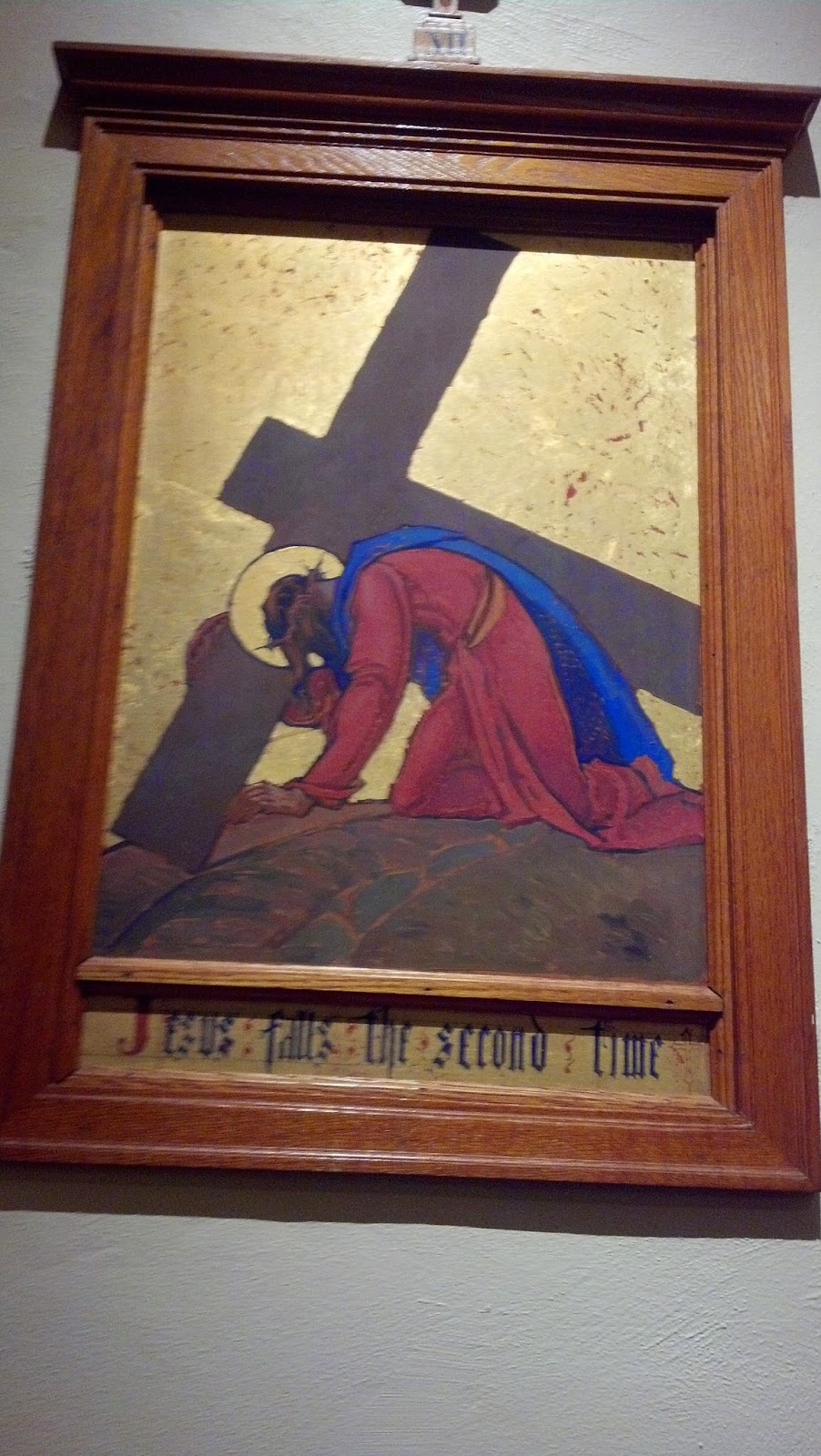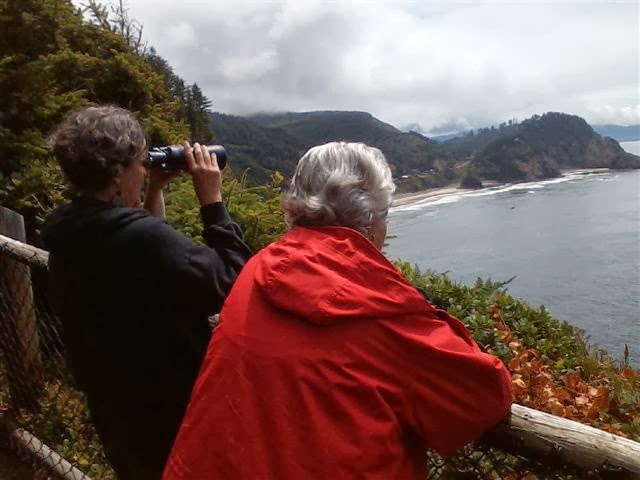That's a pretty huge and imposing title for the small, meandering thing I'm doing this morning as I sit in my garden with the breeze blowing and the birds singing and the sounds of revitalization from the home remodel next door. But, in essence, that's what I'm doing - contemplating the
future of the world, something I realize, with each passing year, is only marginally in my hands. Perhaps
being in your late 40's automatically nudges you into contemplation of
generational differences, and makes you prone to despair if you fall prey to the
generational gap mindset, the "
what's wrong with kids today" thinking. On the other hand, being in the
sandwich generation caught
between aging parents and adult children while shouldering the responsibilities and burdens of maturity (mortgage, career, your own first hints of health issues and mortality) can make you more desirous to understand the other generations, and more aware of the fact that you, like your parents, will one day fade and be replaced by those
young adults.
I work alongside colleagues who are the same age as my stepson, the young man I helped raise. My peers grieve the loss of their parents. Some of my peers succumb to heart disease and other early vanguards of our own aging bodies. Having been a young adult during the AIDS epidemic, I have had some prior experience
confronting mortality, but back then I could rage against it, whereas now I see it for what it is - the inevitable truth for all of us.
That may sound bleak, but it's just realistic. It's realistic to acknowledge that your parents will die, and you will die, and that means thinking about what will be left. What will your legacy be? Who will be left to tend the garden of the world? Suddenly, the natural parental worrying you engage in as you think about your now-grown child (Will they find happiness? Will they make their way in the world? Have I given them the tools they need? Will they find someone to love, someone who loves them? Who will they be today, tomorrow, next year, in ten years' time, when I am gone?) expands to become questions about that child's entire generation, and how they will shape the future, what kind of world you will leave them and what they will do with that world.
I stepped into this reflecting pool of questions this morning through a strange route. The soil of my brain was already well primed, as I've been reading a book by
Jon Savage called
TEENAGE: THE CREATION OF YOUTH CULTURE. Then, my husband and I have been wrestling with the evolving relationship between us and our son, who just turned 29 and is no doubt wrestling with his own special challenges as he faces that milestone. I sat down with my cup of coffee in the garden and began to read an article in the
New York Times about the recently released
Sgt. Bowe Bergdahl and was struck by one paragraph that began "Now 28."
Now 28. The same age as my stepson (until a month ago). The same age as my new colleague at work.
The Millenial Generation is taking the stage. And, despite vast differences in the surface facts of their lives, there was some underlying shape to Sgt. Bergdahl's journey and struggles to find his way in the world that struck a familiar chord.
I stopped reading the article. I thought about this new generation, their lives and experiences - the self-esteem movement, the
attacks of 9-11, the deep
economic recession,
Hurricane Katrina, the debate on
climate change, the
digital age, the
first African-American president. I went online and started scanning the vast collection of articles attempting to understand this generation. There were some common threads, some things that rang true, some wide discrepancies and conflicting accounts. There was a great deal of speculation, and a certain amount of earnest hope.
I started thinking about this ritual we engage in - naming a generation, seeking to codify it, to predict how it will behave, how to engage with it, how to mobilize it, how it will change our world. We know, from history, that our world changes. We of a certain age are old enough to testify to that first hand, just as our parents have ("When I was a kid ...." "Remember when ....") and their parents before them. We vacillate between fear or
despair in the future and hope. Despair always reaches for me. I choose hope. It's harder to choose.
The world has many problems, many causes for despair. It always has. Maybe at some point, the ability to change those problems can only come from a new generation. Not because the previous generations have failed. They haven't. But this world of ours will always, by its very nature, be a work in progress, and in constant flux, a perpetual balancing act. Previous generations have brought about amazing and wonderful changes, and sometimes unintended bad consequences and misguided steps, and some downright bad decisions. So has my own generation. We're all just experimenting, and we always begin that process under the conviction of youth, the conviction that we're right. Maybe we'd never have the guts to experiment otherwise. A new generation can see our work with fresh eyes. They can envision things that may simply be outside our view.
So, this morning, from the sunshine and shadow of my garden, I send out
prayers and blessings to the next generation as, step by step, they take their place center stage and, piece by piece, they take the world into their hands. Like a first bike ride, we won't let go too soon, and we might even hang on too long. Our parents are behind us doing the same. When we do let go, we'll keep watching, anxious, cheering, worrying, trying somehow to steer when we no longer can, wincing when they fall and encouraging them to get back up, until eventually they disappear around the corner and out of view.









